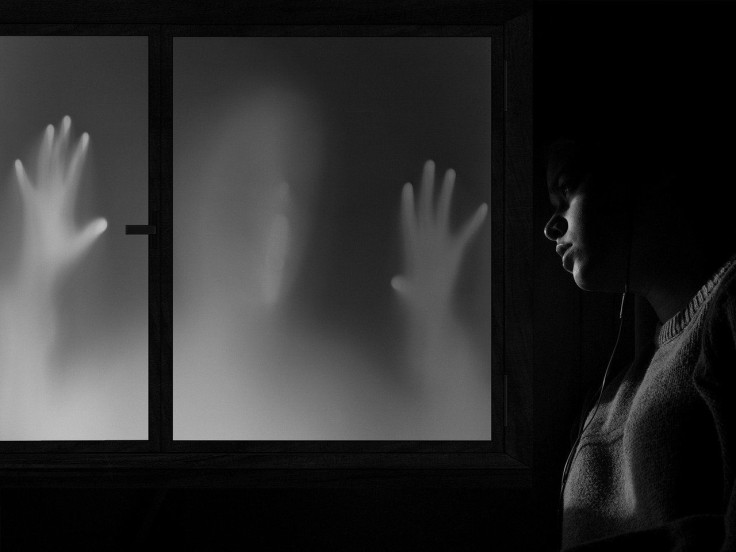I 'Hear' Dead People: Scientists Shed Light On Clairaudience
KEY POINTS
- Clairaudient mediums report "hearing" the voices of the deceased
- A team of researchers conducted a study on why some people report being able to hear spirits
- In the survey conducted by the researchers, spiritualists scored higher in absorption or the tendency to be fully immersed in stimuli
- Being prone to "absorption" could be behind the eventual adoption of spiritualist beliefs
Ever wondered about those who can "hear" dead people? A team of researchers has recently figured out how and why some people claim "hearing" spirits.
Under the spiritualism movement's beliefs, mediums can communicate with the souls of people who have already passed. Compared to clairvoyant mediums or those who can "see" spirits and clairsentient mediums who can sense or feel spirits, clairaudient mediums can "hear" spirits.
In a new study published in the journal Mental Health, Religion and Culture on Jan. 18, a team of researchers focused on clairaudience and conducted a study to understand why some people report being able to hear spirits.
The researchers conducted a survey on 65 clairaudient mediums from the Spiritualists' National Union and nearly 150 members of the general public. This is said to be the largest scientific study on clairaudient mediums, a Taylor and Francis Group news release said.
Participants answered a series of questionnaires that rated their spiritual experiences, their absorption tendencies, or their likelihood to become immersed in their own thoughts, auditory hallucination tendencies, personal identity and paranormal beliefs.

Overall, 44.6% of the spiritualists reported hearing voices daily, with 33.8% reporting such an experience in just the last day. Some 79% noted hearing the voices of the deceased as a normal part of their everyday lives, with 65.1% saying that the voices were inside their heads and 31.7% saying that the voices could come from outside their head, too.
The spiritualists scored much higher in absorption and belief in the paranormal compared to the general public. As the researchers explained, absorption is a trait that describes an individual's tendency to be fully immersed in stimuli, both external and internal, such as movies or even mental imagery. Based on the results, the spiritualists are more prone to this trait.
As mentioned, the results also showed that although the spiritualists had a stronger belief in the paranormal compared to the general public, they were also less likely to care about what other people might think of them.
Spiritualists also had higher proneness to hallucination-like auditory experiences.
By comparison, the results for the general public showed a link between absorption and paranormal belief, but not between the belief and being more prone to hallucinations.
Interestingly, 71% of the spiritualists did not encounter spiritualism before they had their first experience. Instead, they came across the movement while searching for answers.
Overall, the results of the study suggest that spiritualism is not a result of social pressure, or emotional or religious motivations. Rather, some people are simply "uniquely predisposed" to absorption, and spiritualism follows because it aligns with their experiences, the news release explained.
"Again, we produced more evidence that participants had anomalous experiences and, subsequently, deemed them spiritually significant rather than having emotional or religious motivations that facilitated or induced RSEs," the researchers wrote.
Simply put, it appears that it is an "anomalous experience" that leads to the spiritualist belief, not the other way around.
"Our findings say a lot about 'learning and yearning.' For our participants, the tenets of Spiritualism seem to make sense of both extraordinary childhood experiences as well as the frequent auditory phenomena they experience as practising mediums," the study's lead, Dr. Adam Powell of Durham University, said in the release. "But all of those experiences may result more from having certain tendencies or early abilities than from simply believing in the possibility of contacting the dead if one tries hard enough."
Still, there are many things left to understand in such religious and spiritual experiences (RSEs), the researchers said, and it is something that the researchers continue to investigate.
"Future research should aim to further untangle the roles of beliefs, expectations, and prior experience in RSEs," the researchers wrote.
© Copyright IBTimes 2025. All rights reserved.






















